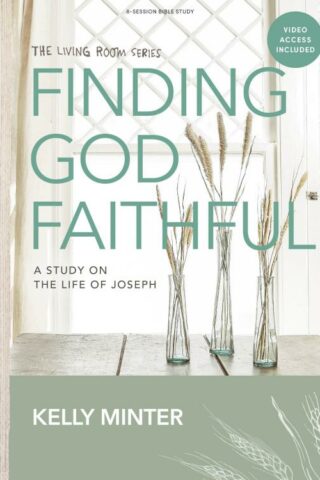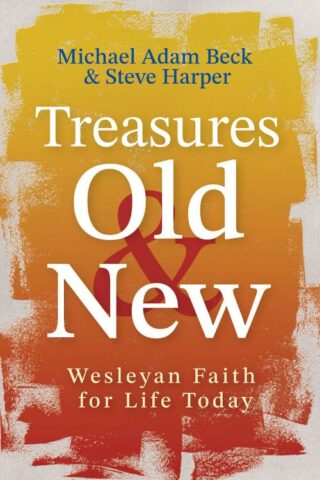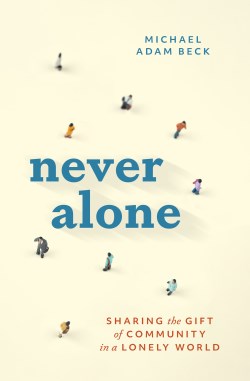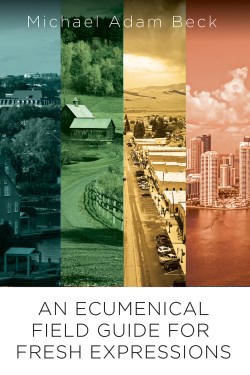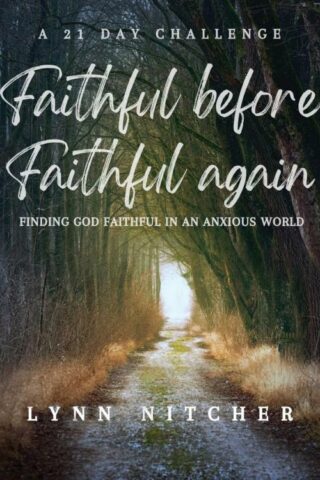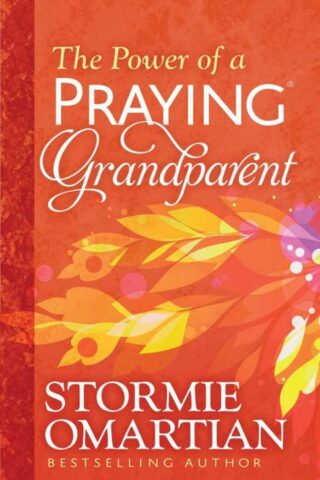Michael Beck
Showing all 3 resultsSorted by latest
-
Treasures Old And New
$10.99The way forward requires both old ways and new ways!
Step into the world of Wesleyan beliefs and practices with this small, insightful, and impactful book! Join the Wesleys on their journey through early Methodism, and unlock hidden treasures that are still relevant today. Harper and Beck expertly guide readers towards a new era of Christian experience, combining old traditions with modern approaches for a revitalized church community. With its compact size, this book is perfect for leaders looking to unite their congregations around Methodist identity and future direction. Don’t miss out on this essential resource for shaping the next chapter in your faith journey!
This book is a must-read for anyone in the Wesleyan faith stream, those involved in fresh expressions and other unconventional faith communities, and leaders within Wesleyan communities. Discover the heart of Methodist tradition, envision its relevance today, and boldly share these timeless treasures and new visions with others.
Add to cartin stock within 3-5 days of online purchase
-
Never Alone
$59.98We have never been more connected–yet we have never felt more alone.
Isolation is the great soul wound of our time. As Christians, we know that the church has a unique gift to offer a hurting world: communal life in Jesus. This gift has the power to heal our loneliness and isolation. It is good news for the lonely, the isolated, the struggling. So why does it often sound like bad news to those who need it most?
Perhaps because we have misunderstood what the good news actually is–and how we ought to be sharing it. We have collapsed evangelism into offering a golden ticket to some postmortem destiny. But the goodness of the gospel we are called to share is about so much more: shalom, wholeness, and the peaceable kingdom of Christ breaking into the world. This is the gift of communal life in Jesus. A gift that re-ligaments us back together with God and one another.
Never Alone unpacks how we can be spiritual guides who help people heal, love, and unleash imagination to create better lives and communities. We all can be instruments to bring healing and wholeness to people’s lives in today’s epidemic of loneliness and isolation.
Add to cartin stock within 3-5 days of online purchase
-
Ecumenical Field Guide To Fresh Expressions
$28.99Learn the essentials of fresh expressions for your church.
An Ecumenical Field Guide for Fresh Expressions is a practical manual for understanding and implementing Fresh Expressions for a church in any denominational setting.
The Fresh Expressions movement is a new way of thinking about the local church and a new way of doing church as a congregation. It refers to new (fresh) iterations or types (expressions) of ministry, usually outside the confines of the church building. These iterations or types of ministries are formed intentionally but organically out in the community, where people are. They are based on shared activities or interests, where people are gathering already, and where the people are open to or interested in learning about Jesus. Christian people share their own stories of how Jesus is part of their lives. Often, these gatherings become regular and increasingly begin to adopt the practices of a church community, like worship, service, study, and giving. Thus, they become fresh expressions of the church from which they sprang.
Add to cartin stock within 3-5 days of online purchase

